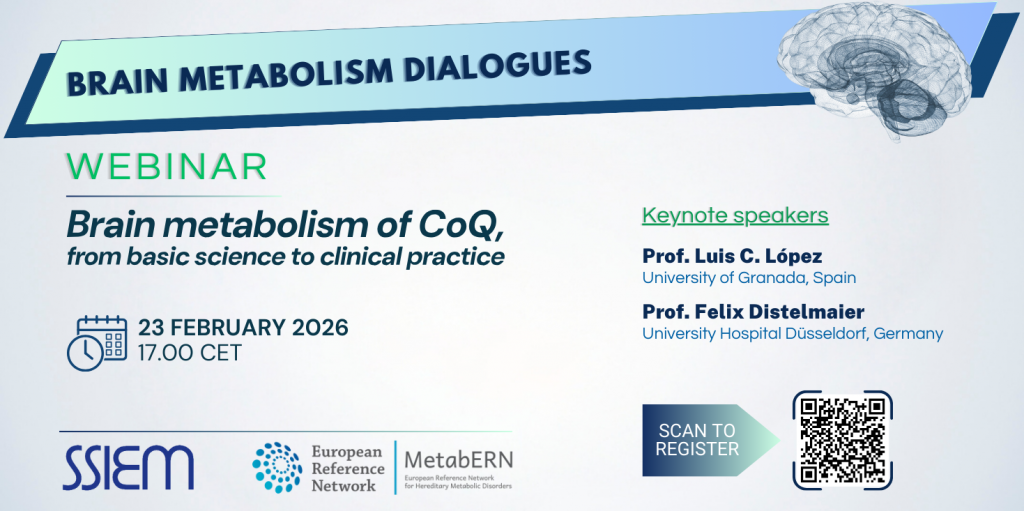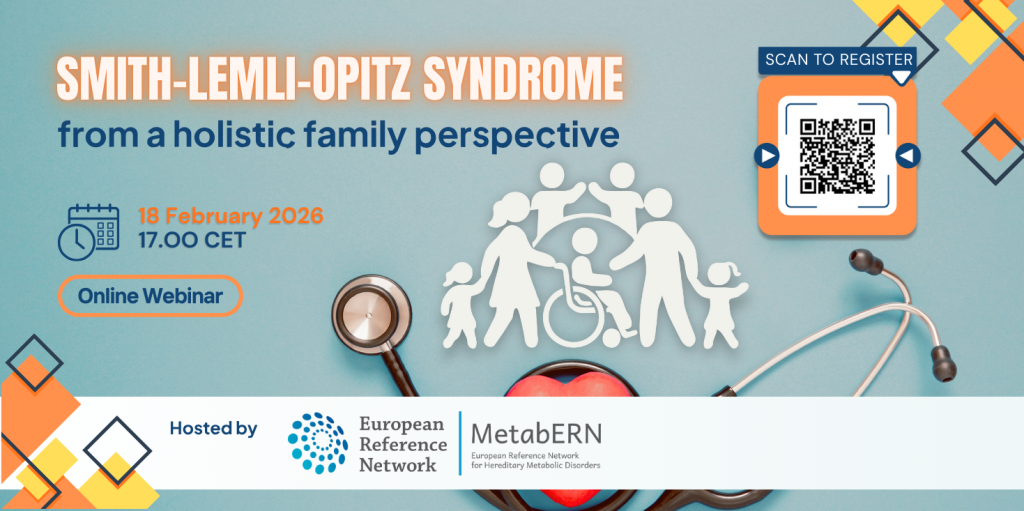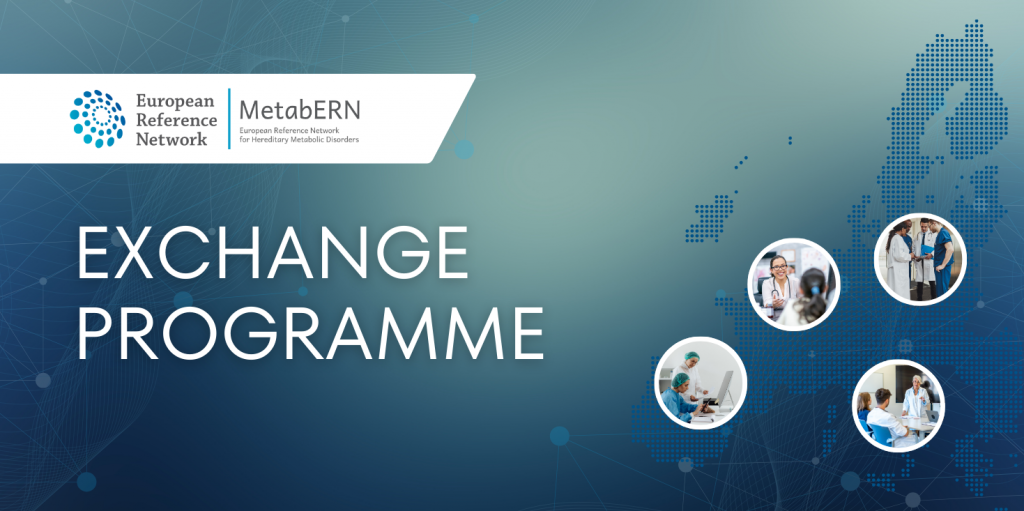The “Brain Metabolism Dialogues” webinar series is back! The upcoming webinar on Brain Energy Metabolism will take place on Monday 30 June 2025 at 17.00 CEST. Dr Luis Felipe Barros Olmedo from Universidad San Sebastian Valdivia, Chile will be the main speaker in our upcoming session. Following his presentation, an engaging panel discussion will ensue, designed to foster a meaningful dialogue on the intersection of basic research and clinical practice. This conversation will feature insights from Dr Ángeles García-Cazorla and Dr Leticia Diana Pias Peleteiro from Sant Joan de Déu Hospital in Barcelona, Spain and Prof Shamima Rahman from UCL Great Ormond Street Institute of Child Health, London, U.K.
Webinar topic
This dialogue will focus on the role of metabolism in the brain functions. Information processing is energetically expensive, and brain function is critically dependent on local energy metabolism. Research over the last 30 years has provided many insights into energy production and utilization in the brain, particularly on the cellular and molecular mechanisms involved. The brain stands out for its unusual reliance on glucose, metabolic isolation by the blood-brain barrier, local recycling of metabolites, and marked division of metabolic labour between neurons and glial cells like astrocytes. In children, the brain requires even more energy, for growth and plasticity, and is relatively bigger, reaching up to 44% of the body’s metabolic rate.
Cognition is a global property of large networks, extending to centimetres. In contrast, metabolism is a local affair, constrained by diffusion. Considering the turnover distance of oxygen and substrates, the typical independent energy unit of brain tissue can be defined as a sphere of about 0.1 mm radius. A human brain contains one billion of them, each one fending for itself during a lifetime of ebbs and flows.
Should the energy demand imposed by the much larger network exceed the supply capacity of this small neurogliovascular unit, as observed in seizures, excitotoxicity and substance abuse, the consequences would be cell death and disease. Significant disturbances in brain bioenergetics have been detected decades before clinical manifestation in neurodegenerative diseases and neuropsychiatric disorders. As illustrated by the therapeutic effect of ketogenic diets in epilepsy, targeting bioenergetic abnormalities may be an efficacious approach to diverse brain conditions.
The “Brain Metabolism Dialogues” is a joint initiative between MetabERN and the Society for the Study of Inborn Errors of Metabolism (SSIEM).
Deadline for registration: 30 June 2025, 13.00 CEST.





